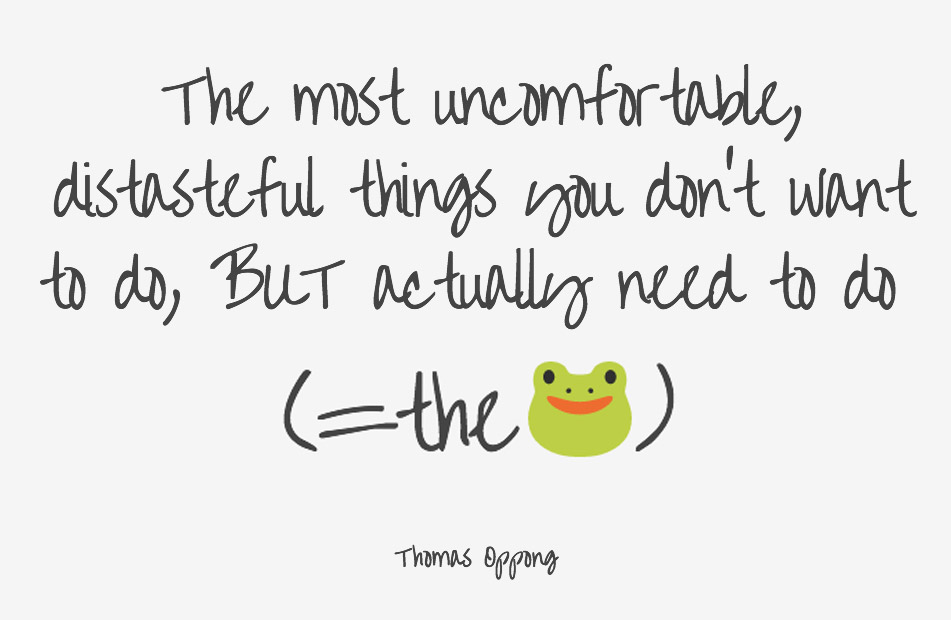FAQs for TRSM students during COVID-19 home isolation
Below are some quick links to important and relevant content on this page for students during the COVID-19 pandemic. More information can be found on the Ted Rogers School of Management's COVID-19 Updates.
How can I maintain motivation and productivity during times of constant change and uncertainty?
Motivation is affected by goals, beliefs, perception, and expectations. This means that motivation is highly personal and is related to more than just academics. It is nevertheless important to identify the factors of motivation that influence your academic success. When thinking about motivation, it’s useful to think about two areas: internal (intrinsic) and external (extrinsic) motivation (external link, opens in new window) . External motivations are reward-driven, such as grades, money, and praise from others. But what’s most helpful is working on internal motivation strategies because you have the most control over these types of motivation. Here are some internal motivation strategies.
Eat the Frog (external link, opens in new window) is a fun way to remind yourself to do the hardest thing first. For example, if you are procrastinating on studying for your finance exam, you might want to do many other things before studying and spend the day worrying about your exam. Instead, the wisdom of the “eat the frog” method is to start studying for your finance exam before doing other tasks. It may sound difficult, but it will help ease stress.

“Note to Self” is a writing exercise that encourages you to look closely at course descriptions and learning outcomes and then rewrite them in a way that is meaningful to you. This provides a personalized resource that you write when your interest/motivation is high that you can read when your motivation/interest is low.
Positive self-talk (external link, opens in new window) is another rewarding internal motivational strategy. When you lack motivation to do something, it’s helpful to tell yourself positive things to boost optimism. An example of positive self-talk is saying, “I’ve studied really hard and I am going to do the best I can on this exam.” It may seem awkward at first, but once you get used to it, it can be a powerful motivational tool.
A resource from the University of Michigan on finding motivation during strange and uncertain times (external link, opens in new window) also has a few more useful tips on keeping you going and this blog post on Study Tips During Quarantine (external link, opens in new window) has more helpful strategies.
In these uncertain times, how do I keep myself feeling like a balanced and whole human?
Remember that you are a whole human being. That means there are lots of different parts of you that need nurturing - not just your brain. Below are some links to wellness strategies and offerings to help keep you feeling like a whole, balanced human
- The Toronto Metropolitan University COVID-19 page has FAQs about wellbeing.
- If you are feeling fear or anxiety, Toronto Metropolitan University has an article about How to Cope with Anxiety and Fear About COVID-19.
- Toronto Metropolitan Student Health & Wellness have support available online, including tips for healthy eating, physical health, mental health, well-being during exam season, personal development, and getting enough sleep.
- ThriveRU has workbooks and tips for resilience.
- Practice art therapy, like making a scrapbook or downloading coloring book pages.
- Your body is important too, so think about (PDF file) Physical Strategies to Support Learning (external link) as well.
- Watch this simple video about How to Relieve and Get Rid of Stress (external link, opens in new window) .
- Practice mindful meditation using this quick video called Meditation 101: A Beginner’s Guide (external link, opens in new window) .
- CBC has curated a list of free, no equipment online classes (external link, opens in new window) .
- Need some social time? Try Netflix Party (external link, opens in new window) , create/join a virtual book club, or have a virtual game night (external link, opens in new window) with friends.
- false is hosting some fun events. See the TorontoMet Today article for a full list of activities.
- Limit social media and news exposure, establish realistic time limits to check each hour or each day.
- Allow yourself to nap, rest and recover from the last few months!
- Create your own self-care activities!
How to Relieve and Get Rid of Stress - Relaxation Tips for High School and College
Meditation 101: A Beginner’s Guide
 Should I be aware of any upcoming important dates?
Should I be aware of any upcoming important dates?
Yes, below are some important upcoming dates to keep in mind. However, it recommended that you also visit Toronto Metropolitan University's 2022-2023 Undergraduate Calendar for more significant dates and detailed information.
| Date | Event |
|---|---|
| Friday, November 18, 2022 | Last day to drop a fall course (No Refund of Fees) |
| December 7 - 18, 2022 | Fall Examination Period |
| February 18 - 24, 2023 | Winter Study Week |
| April 17 - 29, 2023 | Winter Examination Period |
| Support needed | Toronto Metropolitan University Contacts |
|---|---|
|
|
|
|
|
|
| The Chang School of Continuing Education course offerings, important dates and enrolment information | The G. Raymond Chang School of Continuing Education (opens in new window) |
| Questions about class assignments, exams or make-up classes. |
|
| Academic accommodations | Academic Accommodation Support |
|
The Toronto Metropolitan University Library |
|
Student Financial Assistance (SFA) |
|
The ServiceHub |